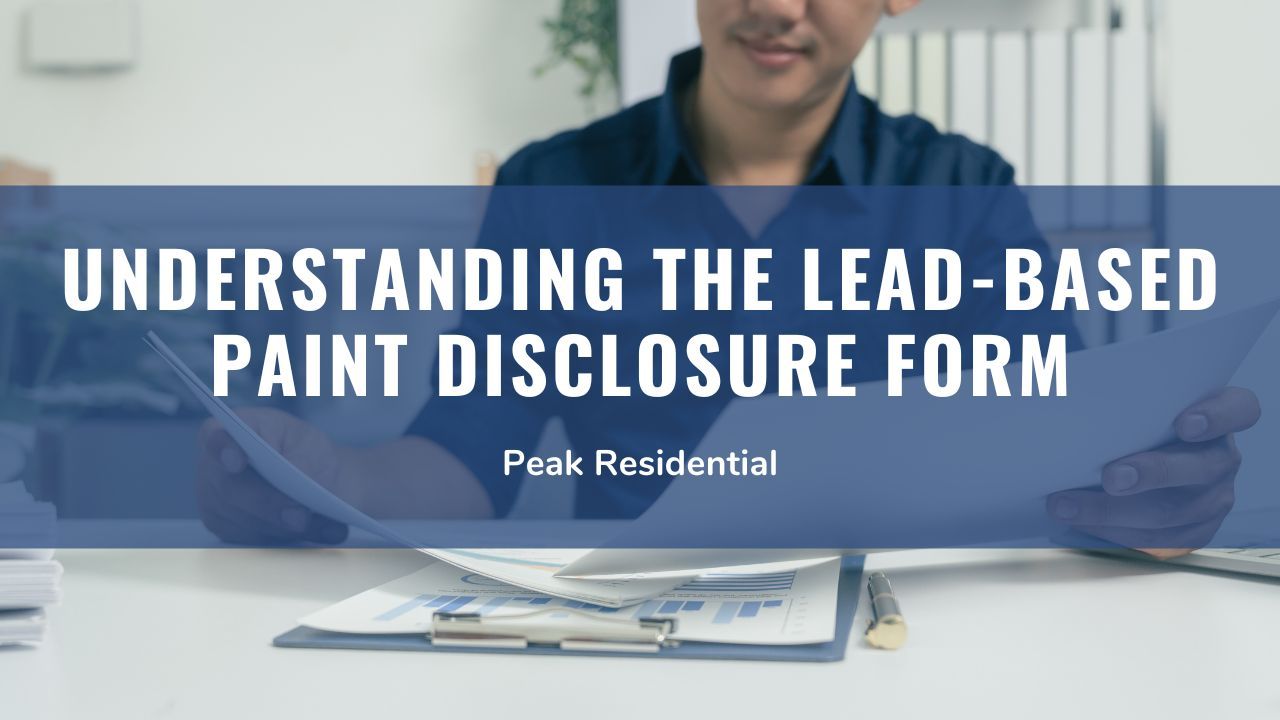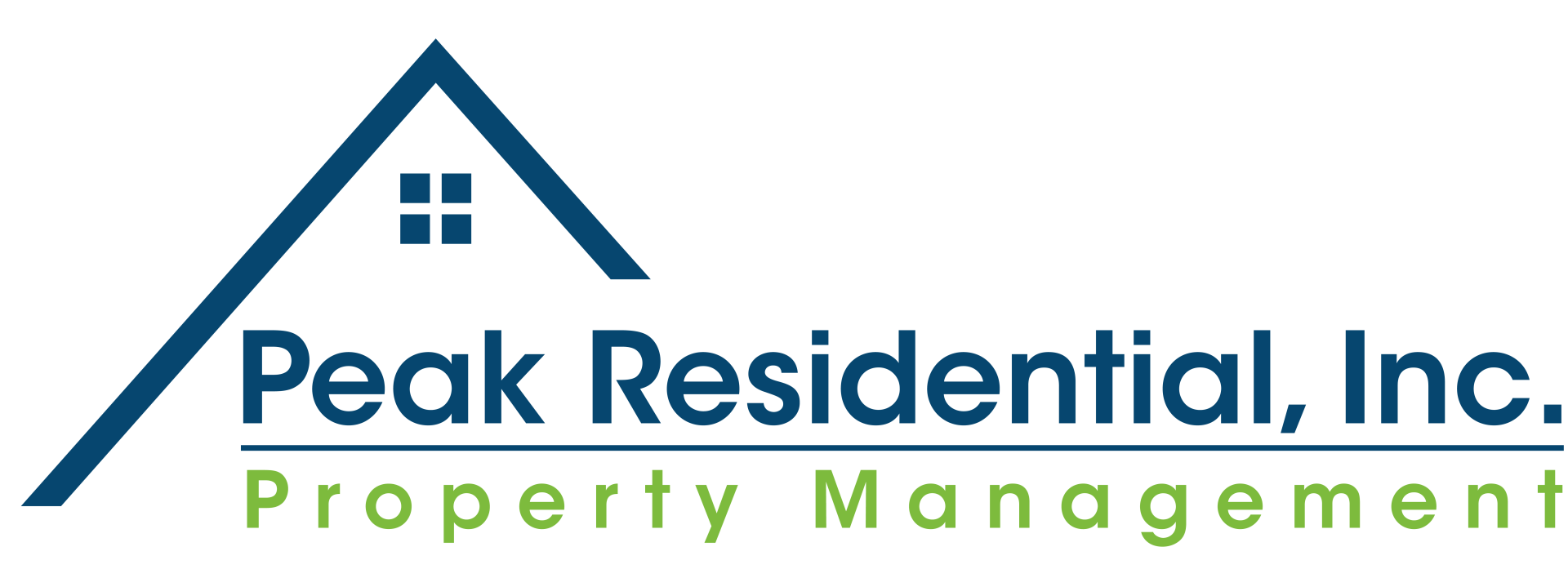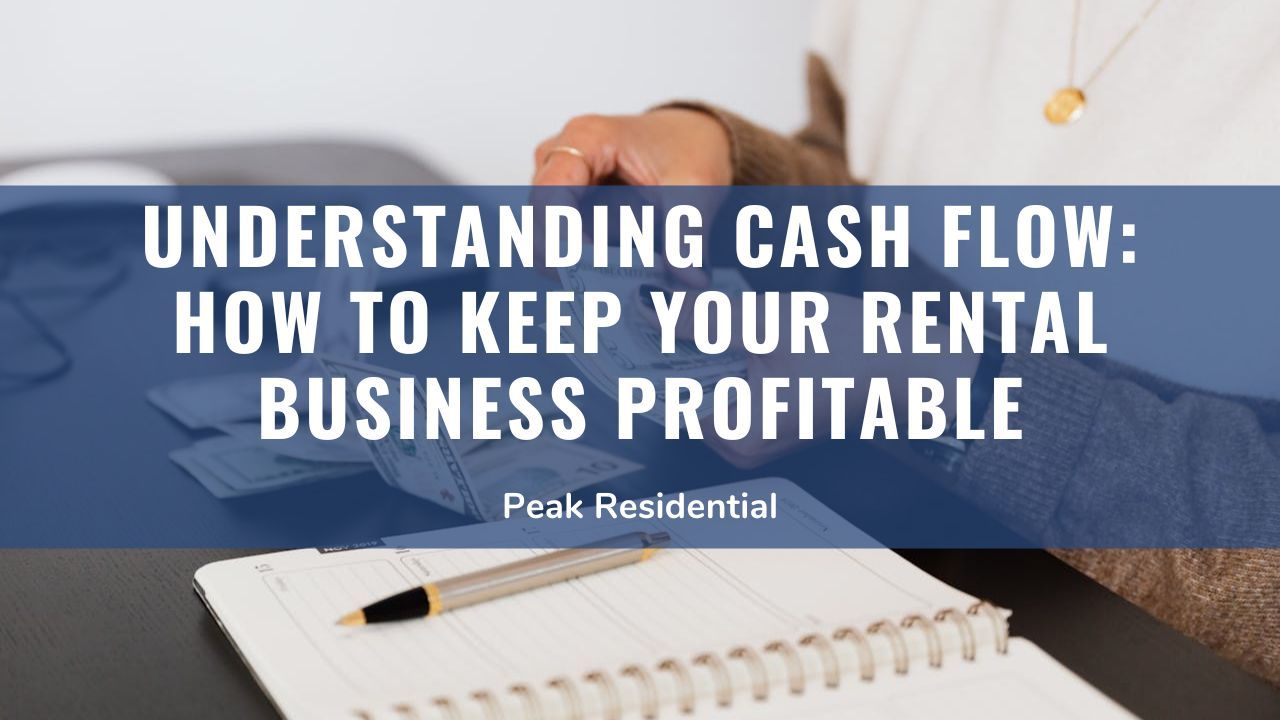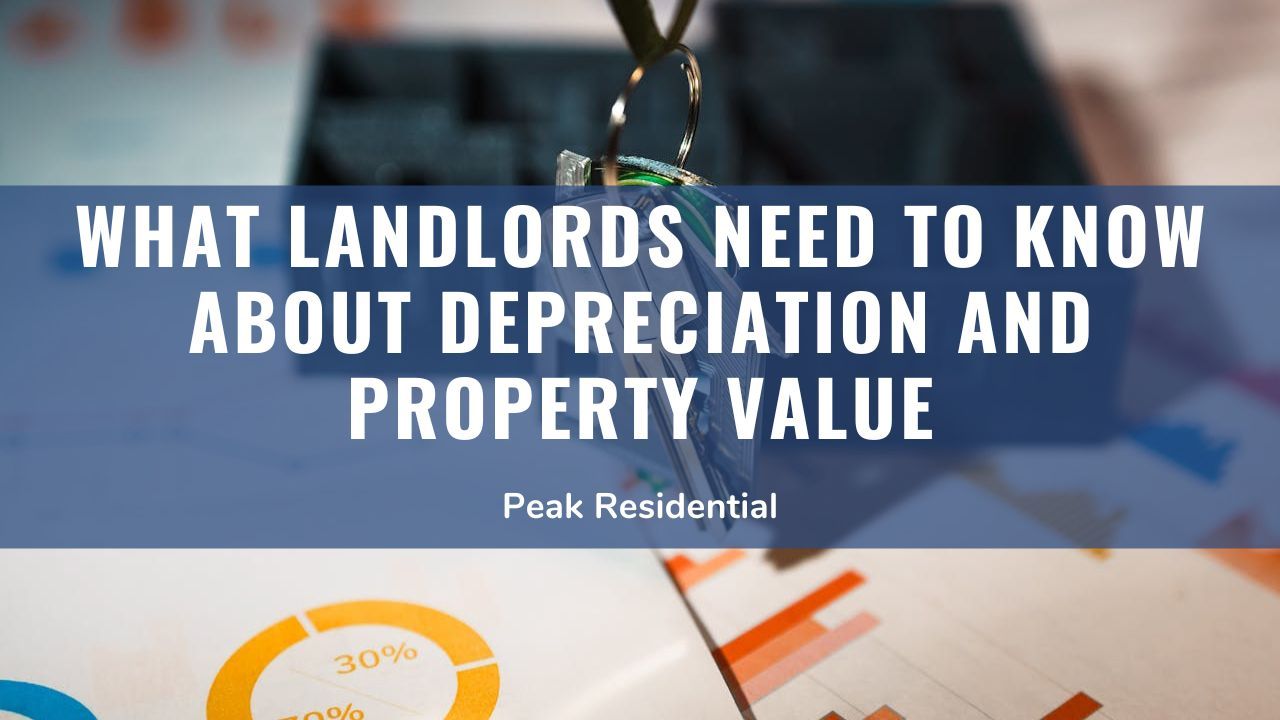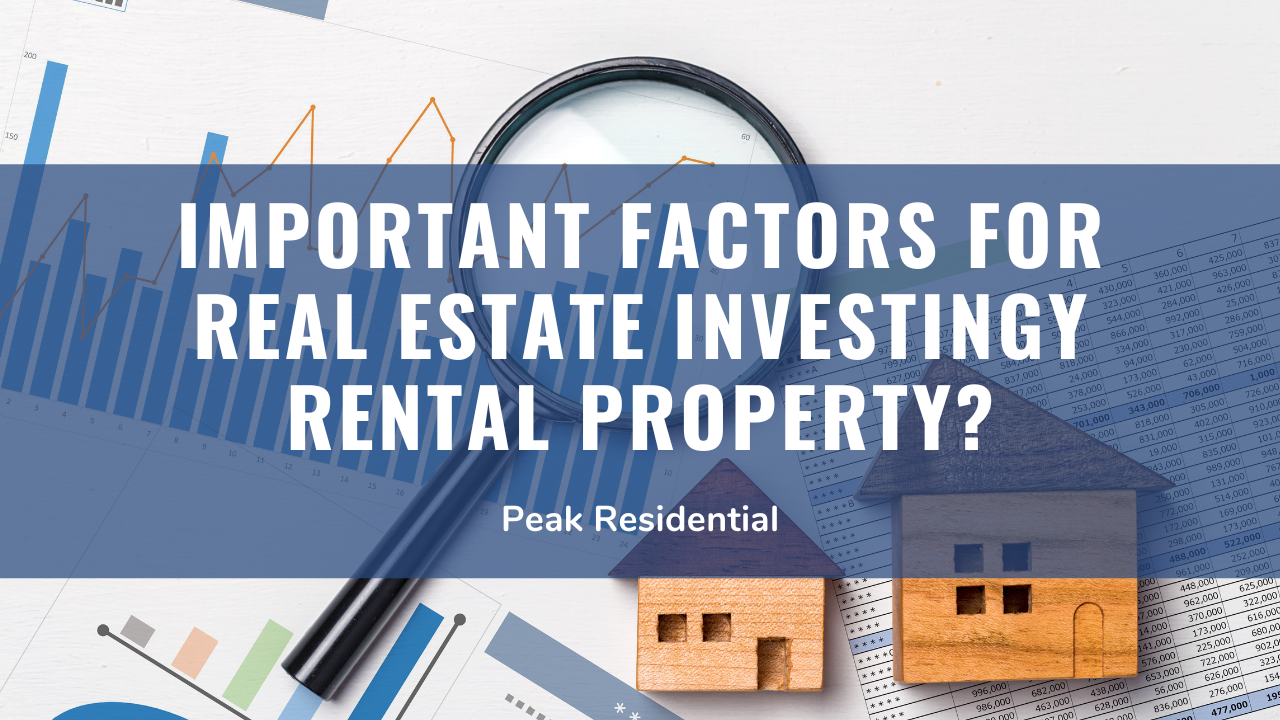
Real estate investing can be a great way to build wealth and financial security. It’s important for investors to have a solid understanding of the factors that can impact the success of their investment.
From market trends and property values to investment strategies, there are many elements that impact real estate investors’ bottom lines. A good investor understands their local market, has concrete financial goals, and is aware of the potential risks involved with their chosen investment.
The experts at Peak Residential have put together this handy guide to help new and experienced property investors make the most of investment opportunities.
Understanding Real Estate Market Trends
Understanding real estate market trends is key when it comes to investing in real estate. It is essential to stay up to date on market trends in order to identify the best investment opportunities. It is also crucial to understand the influence of economic and political factors on the real estate market. This knowledge can help you make informed decisions when searching for an investment opportunity.
Keeping an eye on the below factors will help you make impactful and lucrative investment decisions.
Home prices: Comparing past and present home prices can indicate whether housing prices are rising or falling and by how much.

Inventory levels: When there aren’t many properties listed for sale, housing prices usually rise. Conversely, high inventory in the housing market leads to lower prices.
Interest rates:
Low
interest rates mean that borrowing money to purchase a property is more affordable. In contrast,
increasing interest rates may deter some landlords to invest in rental properties.
Defining Your Goals
Before you invest, you’ll need to decide on a budget and align it with your investment goals. Figuring out your ambitions as an investor will help you determine your borrowing power. For instance, you might have to invest more if you plan to invest in a rental property. Additionally, be sure to consider additional costs that come with owning a property. These include mortgage insurance, closing costs, maintenance expenses, and taxes.
Calculating Property Value
Calculating property value before investing lets you determine whether a specific property is a good investment. Consider the property’s current market value, its expected future value, any potential costs associated with purchasing and owning the property, and the anticipated mortgage payments.

The two most common ways to calculate property value are the Gross Rent Multiplier (GRM) and Capitalization Rate (Cap Rate).
Gross Rent Multiplier (GRM)
The GRM method is based on the idea that the value of an income-producing property is determined by its annual rental income. This method assumes that market rent averages will remain stable and allows investors to estimate a property’s worth quickly.
Capitalization Rate (Cap Rate)
The Cap Rate method looks at both the net operating income (NOI) and the estimated sale price or market value of a property. To use this method, divide the NOI by the sale price or market value to get your cap rate figure.
Negotiating Deals
Negotiating a deal will not only positively impact your bottom line, but it can also help you build meaningful professional relationships with other industry experts. Below are some important factors to consider before entering negotiations related to a real estate investment.
Market knowledge: Researching your local real estate market and the seller’s priorities is essential when negotiating. When you know the market and the seller well, you can negotiate a deal that works well for all parties.
Offer Structures: Offering to pay with a combination of cash and
financing or even crowdfunding, is an excellent way to get the best possible deal on an investment property.

Timing: Knowing when to make an offer can help you land a better deal.
Negotiation Tactics
Negotiation tactics such as offering a lower price, asking for discounts, requesting repairs and offering contingencies can also help you maximize your investment’s potential. You can partner with a real estate company to help you with negotiations.
Crunching Numbers
Before you commit to an investment, be sure to perform the following calculations.
Cash Flow
This calculation will give you an idea of whether a property will generate positive or negative cash flow. Positive cash flow means that the property generates more money than it costs to maintain. In contrast, negative cash flow indicates a potential financial burden.
To calculate cash flow, subtract all expenses from an investment property's potential average rental income. The expenses to be deducted include mortgage payments, insurance costs, property taxes, repairs and maintenance,
HOA fees, and other costs associated with owning the property.
Equity Growth
Equity growth occurs when the total value of your real estate investment increases over time. This increase in equity can be attributed to changing rental income, appreciation of the property's value, and principal payments made on the mortgage.
To maximize the equity growth of a real estate investment, accurately calculate all of the expenses associated with owning and managing the property. You can increase your equity by investing more money in the property and making meaningful upgrades.

Keeping track of these expenses will make it easier to determine how much money is available for reinvestment and how much equity is being generated.
Bottom Line
Real estate investing is a great way to generate long-term wealth and financial security. However, it is essential to remember that property investments require time and effort to maximize returns.
If you’re looking to grow your wealth and earn healthy passive income, reach out to the experts at
Peak Residential. Our team looks forward to helping you maximize your ROI and achieve your investment goals!
